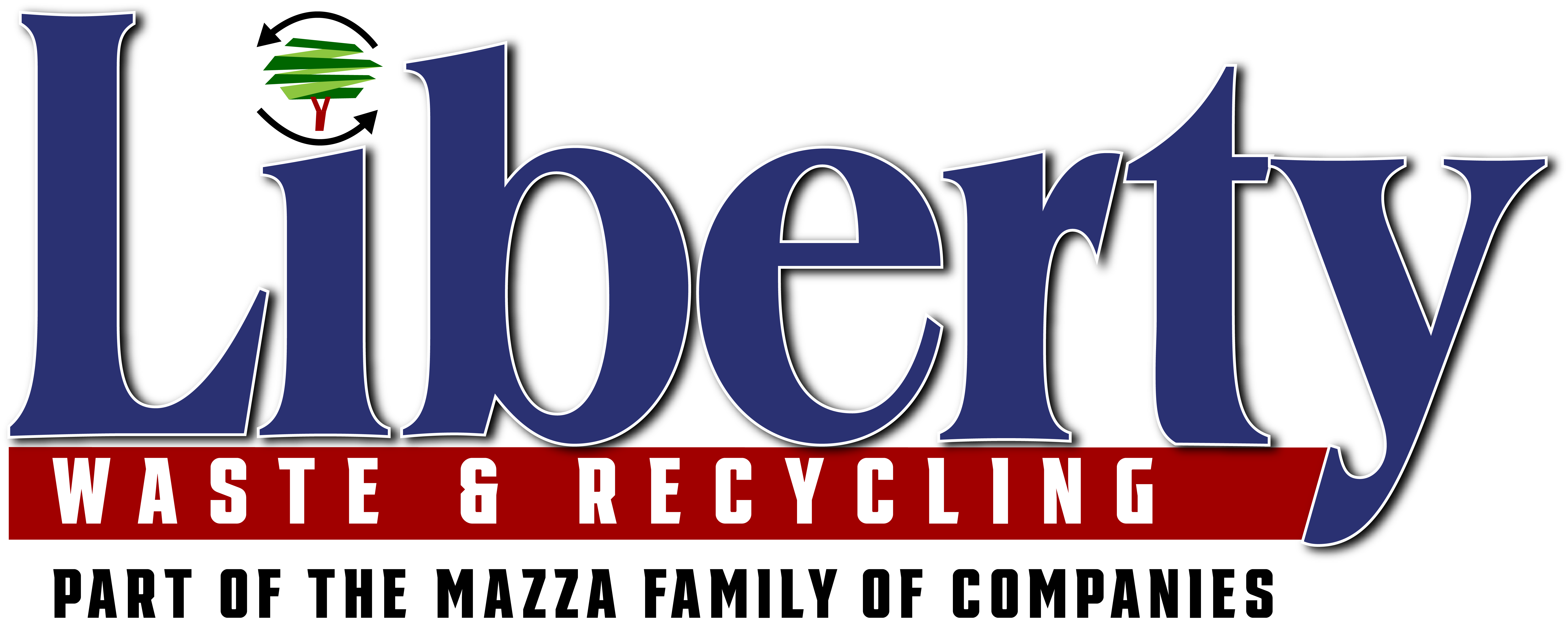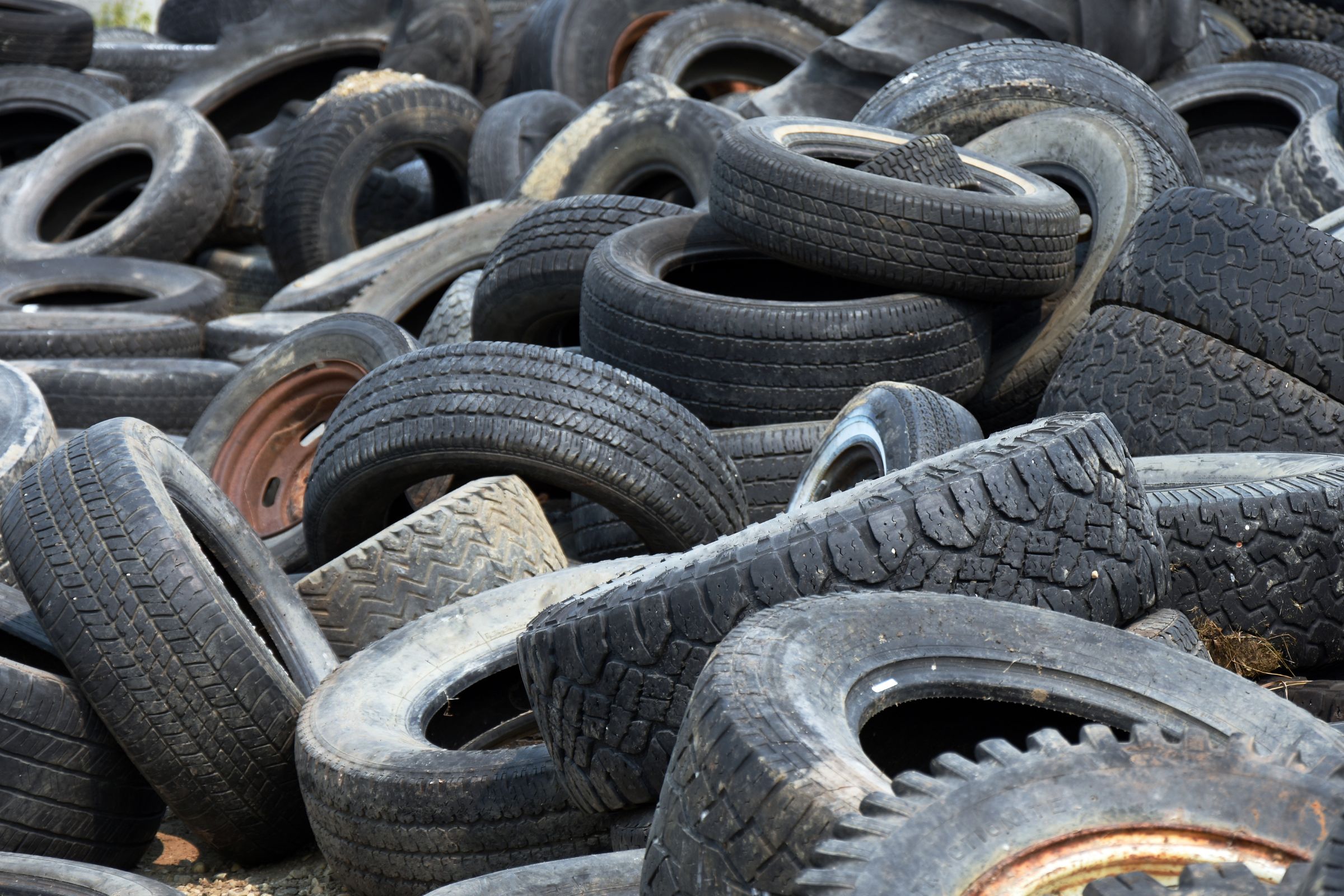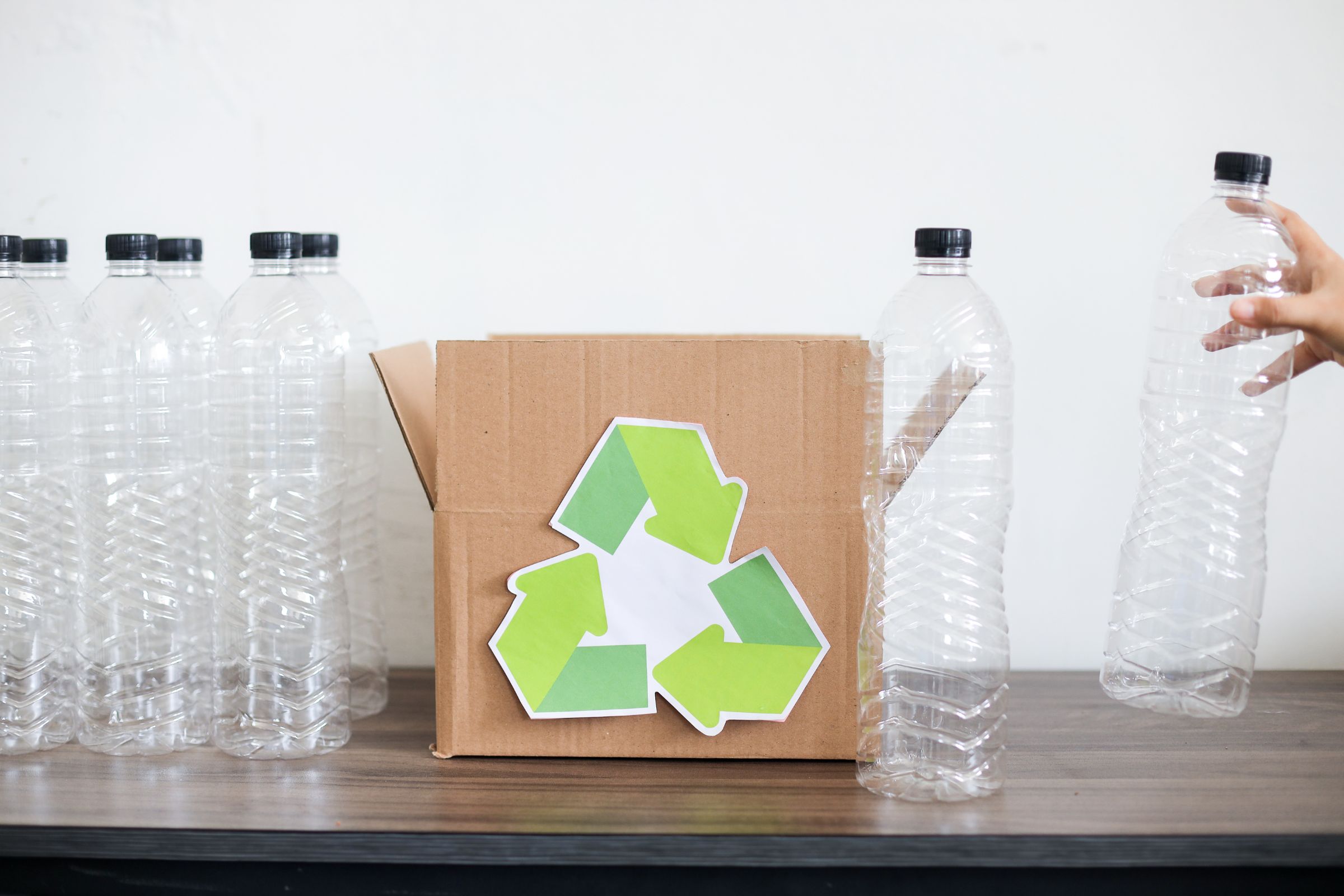Improper handling of scrap tires isn’t just an eyesore; it’s a serious compliance and environmental…
When a construction or demolition project wraps up, the focus often shifts to what’s next—but there’s still one big question to answer: what happens to construction waste once it’s loaded into a dumpster and hauled off-site? At LIB Waste, we know many contractors, homeowners, and project managers are curious about the journey of their discarded materials. Let’s break down what actually happens after construction debris removal in NJ and how we’re working to make the process more sustainable.
Types of Construction Debris
Before diving into where the waste goes, it’s helpful to understand what it includes. Construction debris typically consists of:
- Concrete and asphalt
- Wood and lumber
- Drywall and plaster
- Roofing materials
- Scrap metal
- Plastics and packaging
- Insulation
- Glass
Each of these materials requires different handling techniques, which is why the construction debris recycling process is more involved than most people realize.
What Happens After Pickup?
Once your debris is picked up by LIB Waste, it’s transported to one of our sorting or transfer stations in New Jersey and Philadelphia. There, the materials are separated, with recyclables sorted from landfill-bound waste.
This step is crucial for sustainable construction waste disposal, as it allows us to divert reusable materials from the landfill and reduce environmental impact. Everything from concrete to wood to metal has a second life if processed properly.
The Concrete Recycling Process
One of the most common construction materials is concrete. But instead of letting it go to waste, we use a process known as concrete recycling after demolition.
Here’s how it works:
- Sorting – Concrete is separated from other waste at our transfer station.
- Crushing – It’s then crushed into smaller pieces using industrial crushers.
- Screening – The crushed material is screened for size and quality.
- Reuse – The recycled concrete can be used as aggregate for new construction projects, such as road bases or backfill.
Recycling concrete not only reduces landfill use but also decreases the demand for new raw materials.
Benefits of Recycling Construction Debris
There are major advantages to recycling construction materials in NJ, especially when done responsibly:
- Environmental Conservation – Reduces the amount of waste in landfills.
- Lower Carbon Footprint – Recycling uses less energy than producing new materials.
- Cost Savings – Recycled materials can be cheaper to produce and use.
- LEED Points – Projects that recycle materials can earn green building credits.
By choosing sustainable construction waste disposal, you’re contributing to a cleaner, greener New Jersey.
How LIB Waste Handles It Responsibly
At LIB Waste, we don’t just remove debris—we provide end-to-end responsible disposal. Whether you’re a contractor working on a major renovation or a homeowner tackling a DIY project, we offer tailored solutions to make sure your waste is handled properly.
We’re proud to offer debris hauling services in Camden NJ and surrounding areas with a focus on environmentally friendly practices. Our team is trained to ensure all recyclable materials are processed through the appropriate construction debris recycling process and not just sent to the landfill.
Whether it’s concrete recycling after demolition or reusing wood and metal from a job site, we’re committed to being part of the solution when it comes to recycling construction materials in NJ.
Let’s Keep NJ Clean—Together
Don’t let your project’s waste become part of the problem. Choose a partner that prioritizes sustainability and transparency. Contact LIB Waste today to learn more about construction debris removal in NJ and how we can help you clean up responsibly.



